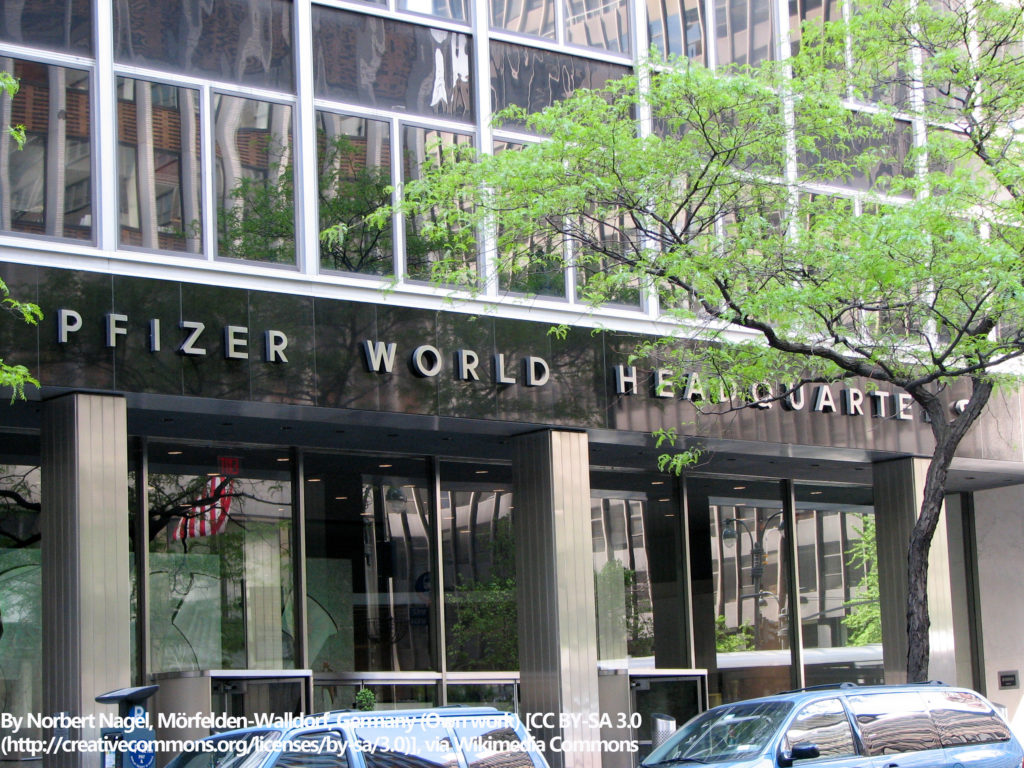The FDA has granted another indication for Pfizer’s Janus kinase (JAK) inhibitor drug Xeljanz (tofacitinib), this time in the treatment of moderately to severely active ulcerative colitis. This represents the third regulator-approved indication for Xeljanz in the US, with the drug gaining its first approval in 2012 for rheumatoid arthritis and its second in 2017 for psoriatic arthritis.
“New treatments are needed for patients with moderately to severely active ulcerative colitis,” said Dr. Julie Beitz, director of the Office of Drug Evaluation III in FDA’s Center for Drug Evaluation and Research. “Today’s approval provides an alternative therapy for a debilitating disease with limited treatment options.”
The drug is the first oral medication approved for the long-term treatment of ulcerative colitis, with other therapies requiring injection or infusion-based drug delivery. Both Pfizer and the FDA recommend patients taking Xeljanz reframe from combining the drug with immunosuppressants, including azathioprine and cyclosporine, as well as other biologics.
“Ulcerative colitis is a chronic inflammatory bowel disease that can significantly impact the lives of patients and has limited therapeutic options available,” said Michael Goettler, Global President, Inflammation and Immunology, Pfizer. “With the FDA approval of Xeljanz, adults living with moderately to severely active UC now have an oral option that may help achieve and maintain steroid-free remission.”
Over 900,000 patients in the US suffer from ulcerative colitis, a form of chronic inflammatory bowel disease for which there is no cure. Symptoms of ulcerative colitis include abdominal pain and bloody diarrhea, with many patients experiencing moderate to severe forms of the disease.
“The FDA approval of Xeljanz is positive news for the ulcerative colitis community, a patient population that can often encounter frequent and debilitating disruptions to their daily lives,” said Dr. William J. Sandborn, Chief, Division of Gastroenterology, Professor of Medicine at the University of California San Diego School of Medicine and OCTAVE study investigator. “Xeljanz provides people living with ulcerative colitis and their prescribing physicians with a new oral treatment option.”
The results of three Phase III OCTAVE clinical trials were used to support the approval of Xeljanz. All three studies met their primary endpoint of having a greater proportion of ulcerative colitis patients in remission after eight or 52 weeks of treatment, compared to the placebo.
“What works for one ulcerative colitis patient may not work for another and some struggle with ongoing symptoms. That is why it is so critical that our patients have different treatment options available to them,” said Michael Osso, President & CEO of the Crohn’s & Colitis Foundation. “We are thrilled to have this new treatment option available to ulcerative colitis patients. Every new treatment provides new hope to our community.”
Xeljanz does carry an FDA boxed warning for serious infections and malignancy, as the drug increases a patient’s risk of hospitalization or death as a result of these opportunistic infections. Still, Pfizer reported that diarrhea, high cholesterol and headaches were among some of the more common adverse events found in ulcerative colitis patients treated with Xeljanz.











Join or login to leave a comment
JOIN LOGIN